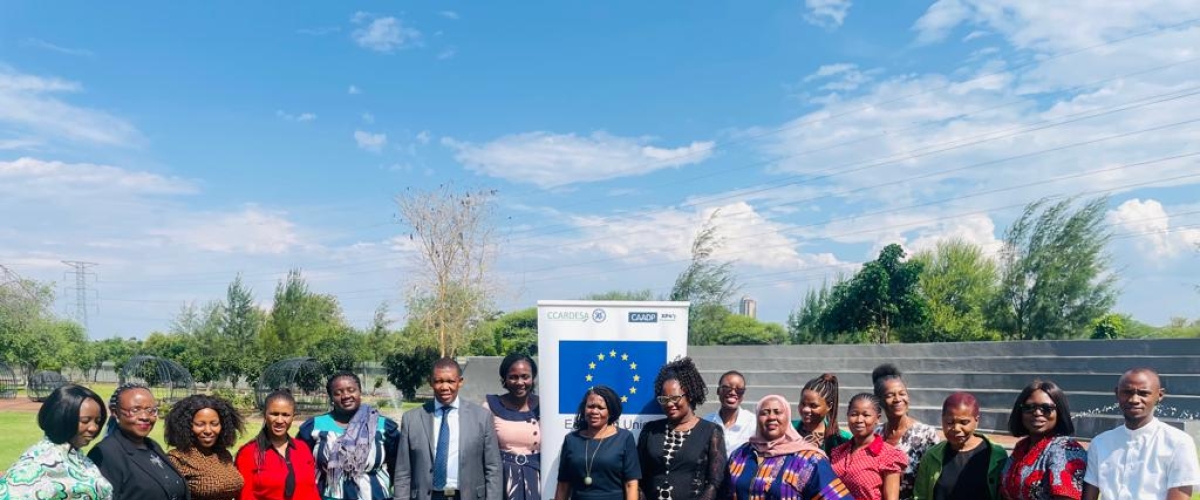
By Lorato Kgakatsi
In a groundbreaking initiative, the Centre for Coordination of Agricultural Research and Development for Southern Africa (CCARDESA) is setting new standards in agricultural inclusivity. The recent development of their Gender Equality and Social Inclusion Policy (GESI) marks a significant stride toward dismantling the barriers faced by women, youth, and particularly people living with disabilities in the agricultural sector.
Dr. Baitsi Podisi, Coordinator of the CAADP XP4 program, underscores the urgency of integrating all societal groups into agricultural development. He warns that neglecting to mainstream these demographics could precipitously undermine food security efforts.
A United Nations Development Plan (UNDP) report highlights the multifaceted challenges confronting individuals with disabilities. These include heightened poverty, limited access to information, transportation, and public spaces, and broader social and economic exclusion. In agriculture, a sector inherently reliant on physical labor, these challenges are exacerbated, potentially impeding global food security goals.
Revealing insights emerge from a Food and Agriculture Organization (FAO) survey on the hurdles faced by farmers with disabilities. A striking revelation is their lack of awareness regarding their rights and the insufficient recognition by extensionists of their unique needs. Despite familiarity with Agricultural Servicing Centres and local extension agents, a significant number had no prior engagement or training in agricultural practices, highlighting a critical gap in outreach and support.
This situational analysis lays bare the pressing need for comprehensive strategies targeting the social inclusion of persons with disabilities. CCARDESA's response is a dedicated gender and social inclusion policy explicitly advocating for the disadvantaged. Dr. Podisi emphasizes the necessity of balanced policies that do not marginalize any community segment. He acknowledges the existing gaps in social inclusion within the agricultural sector and expresses optimism that the GESI policy will inspire Member States to revise and enhance their sector policies to be more inclusive and gender-sensitive.”, said Dr Podisi.
He further said,” It is important to develop policies that are well-balanced and are not disadvantaging any section of the population”.
He further noted that there is still social exclusion of people living with disability in the agricultural sector, as efforts made regarding social inclusion have not been explicitly stated in key development strategies.
This policy initiative by CCARDESA is not just a step towards equality in agriculture; it's a leap towards a more inclusive and sustainable future for all, irrespective of physical ability.
The author is an Information and Public Relations Officer in the Ministry of Agriculture in Botswana and she is also the National CCARDESA focal point person.





